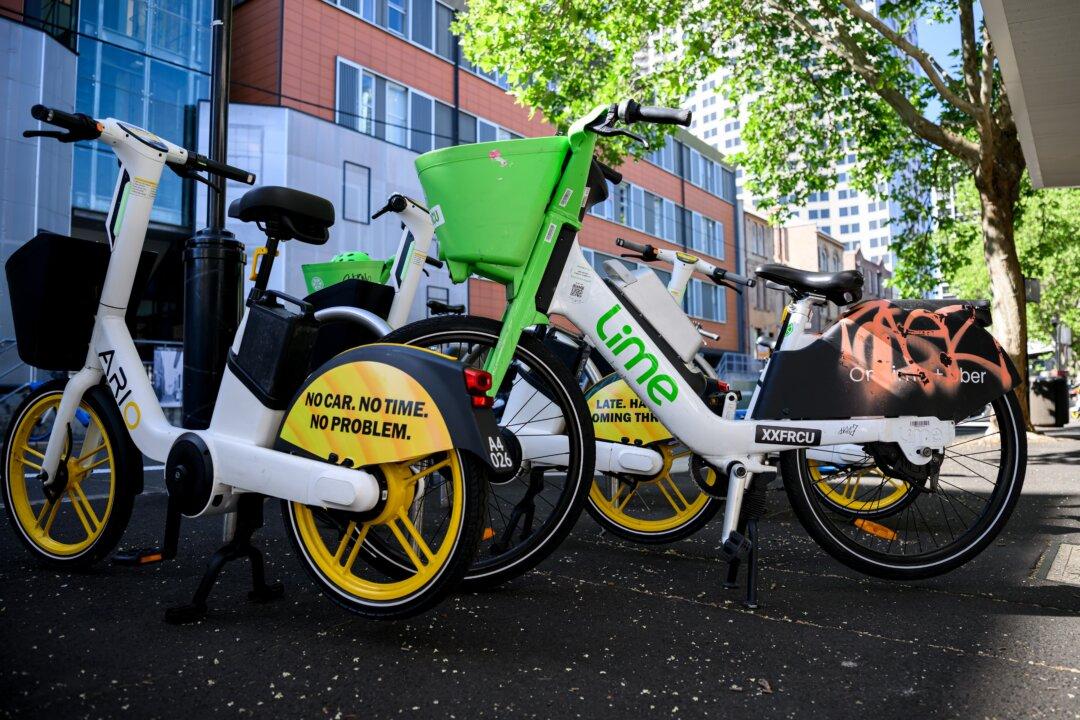Households are facing a surge of up to 25 percent in their power bills, as the new financial year brings a raft of new changes.
The Australian Energy Regulator will increase the cost of electricity between 20 and 25 percent, heaping more pressure on people managing soaring cost of living pressures, including persistent inflation and biting interest rate rises.





